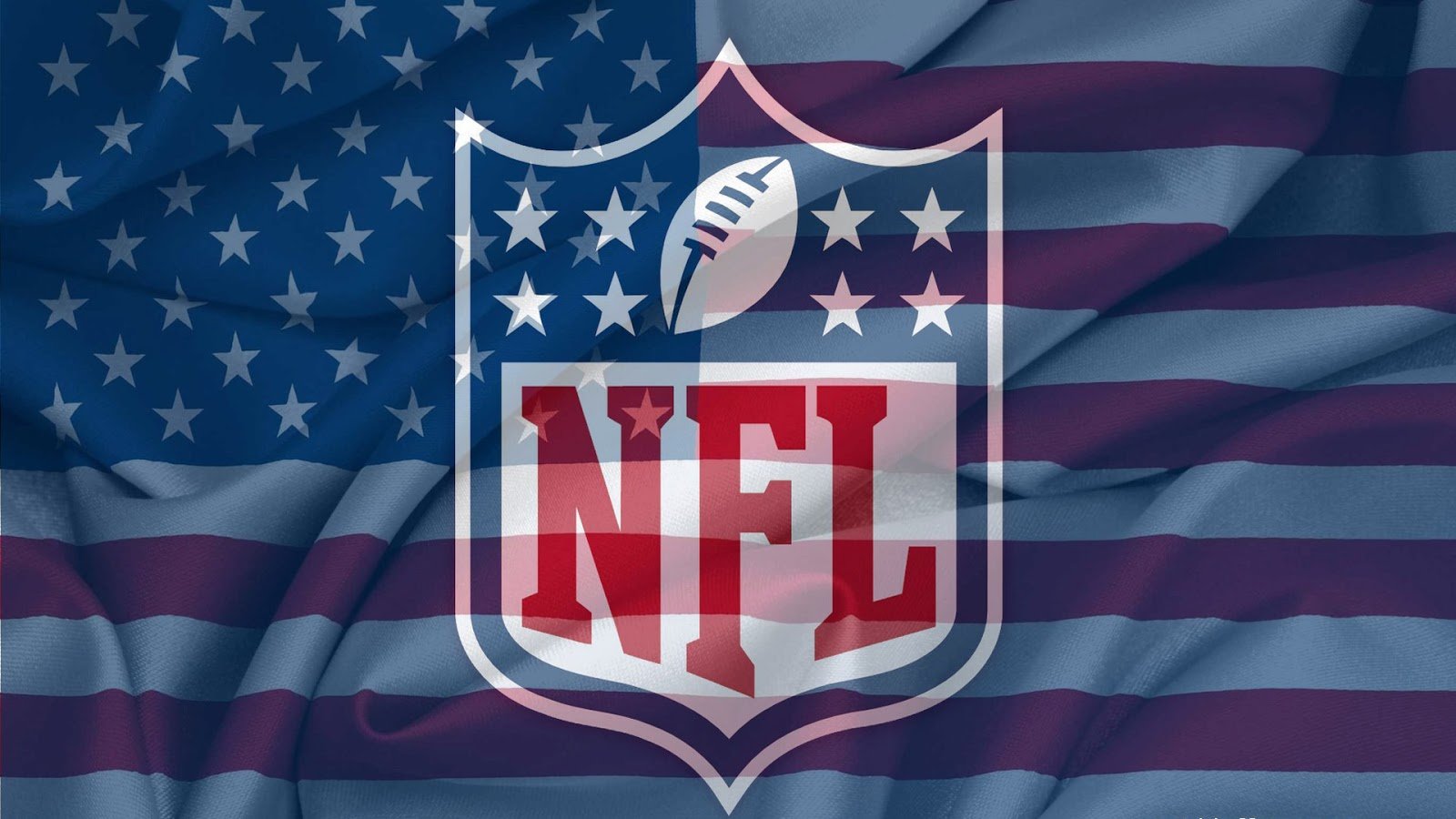
Why is everything so political? Hollywood, the Emmys, the movies, the NFL – everywhere you turn these days, it’s politics.
What happened?
America started out as a free country. Free countries are not political. Free countries have a government, because you need a government to uphold individual rights to be free from the force of thieves and violent criminals. But societies only become political when the government grows outside of those boundaries.
Put simply, politics matters more when government grows. When government goes beyond the bounds of merely protecting rights, then the politics of who’s in charge starts to matter more and more. Think about America today, in contrast to its founding, or in contrast to even a few generations ago. Government today either manages or controls everything important: health care, education, funding for universities, funding for science, pharmaceuticals, business relationships in the workplace, our roads, our utilities, the flow of traffic on the Internet—just about everything. So of course politics matters. How could it not in a society where government does so much and affects so many? People living in Communist, Nazi or religiously tyrannical countries have always understood this. Now Americans are starting to get a major dose of it, as well.
It’s fine to turn your head in disgust and proclaim, “I’m above politics”. Because government will continue to go about its business interfering with everyone’s lives whether you concern yourself with politics, or not. If you want there to be less politics, then you ought to use your voice and votes (while you still can) to support reducing the cost and – more significantly – the role of government (state, local and federal) in all of our lives.
In a better time and place, the NFL would not be concerned with government and politics. Football players would not be pressured to oppose President Donald Trump and support whomever the Democrats run for president. Football would be football. The only thing that professional football – like any other human enterprise – requires from the government is to be left alone and to have its property rights (particularly contracts) validated and upheld. It’s not the function of football players – as football players – to hold positions on income inequality, the policies of police in the inner cities, so-called slavery reparations, union laws or anything else. It’s absurd. And the same is now the case in Hollywood.
To get politics out of our lives, we’ll have to get government out of our lives. Unfortunately, this means making some very hard choices that the vast majority of Americans (including even Tea Party or Trump supporter types) might not yet be willing to face. Hard choices mean things like questioning the role of government (especially the federal government) in education. And health care. And retirement. And old age medical care. And the stock market. And energy. And banking. And charity, such as welfare and Medicaid. And regulation of every last detail of industry. We’re going to have to let a lot of these things go. If we don’t, the intrusion of politics into every aspect of our lives will only continue to grow.
There’s only a “swamp” because we have created a cesspool in which government may operate. If we took government out of the private economy, it would never be perfect, but it would not be the disgusting bipartisan swamp we see today.
I’m being honest. America needs nothing less than a second revolution. It need not involve blood. But it does require a level of facing facts not seen in a very long time, if ever. We have to be willing to let go of perhaps 75 or 80 percent of what government currently does. Even if not all at once, we have to put ourselves on a decisive path toward it. If you think anything less will work, then prove it to me, because I see no other way around it.
If you hate politics, then you probably hate Big Government too. You just don’t know it yet.
Follow Dr. Hurd on Facebook. Search under “Michael Hurd” (Rehoboth Beach DE). Get up-to-the-minute postings, recommended articles and links, and engage in back-and-forth discussion with Dr. Hurd on topics of interest. Also follow Dr. Hurd on Twitter at @MichaelJHurd1
